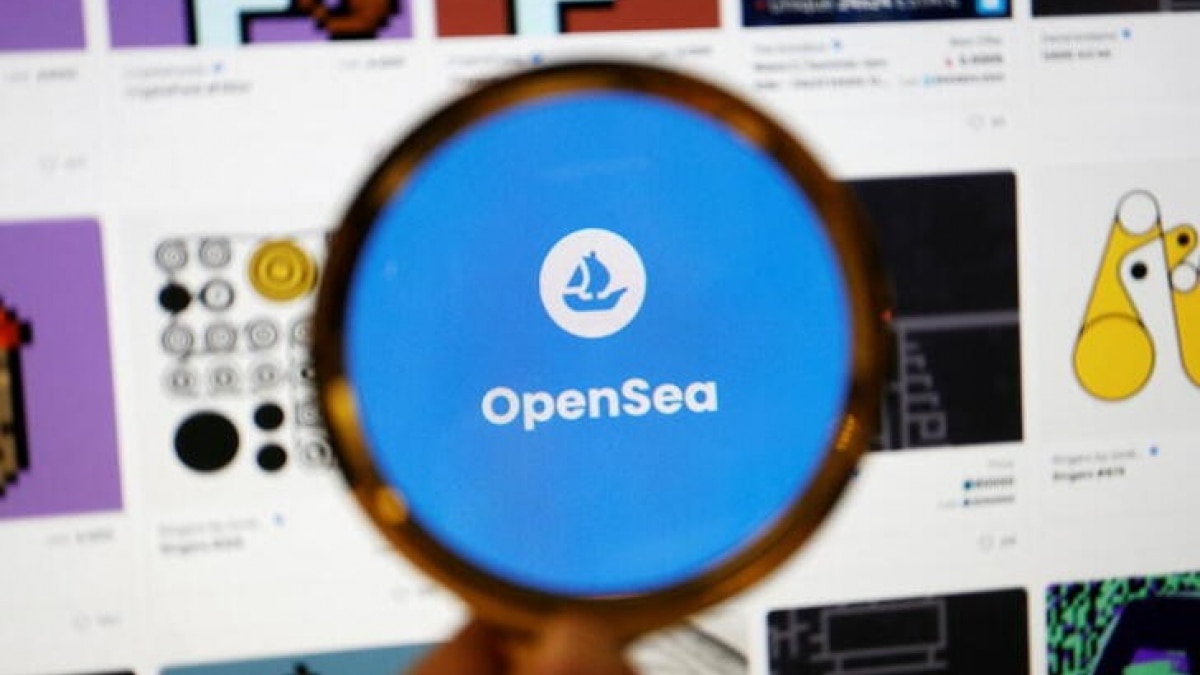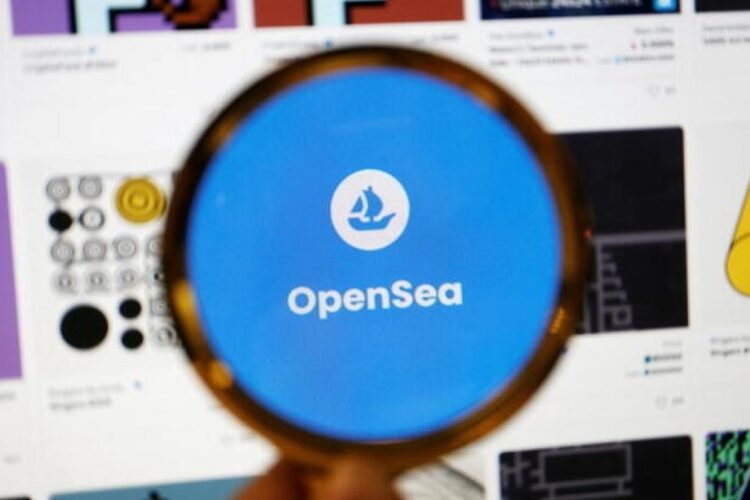
Nonfungible token (NFT) marketplace OpenSea made an announcement on Friday that it was reducing its workforce. The co-founder and CEO, Devin Finzer, conveyed this news on X (formerly Twitter), revealing the company’s plan to launch OpenSea 2.0 with a more compact team.
A company representative confirmed that approximately 50% of employees were impacted across the company.
OpenSea came into existence in 2017, during the initial rise of NFTs as a groundbreaking concept. It follows a business model akin to platforms like eBay and Etsy and accepts payments in Ether.
Back in July 2022, the company had to downsize, letting go of 20% of its employees, citing the challenges of the crypto winter. During that period, it employed 230 people, according to reports from the time.
The market for collectible NFTs reached its zenith in 2021, and since then, there has been a shift towards other use cases like tokenizing assets, identity verification, and legal documents, as the value of many collectibles waned.
OpenSea faced considerable backlash from the community in August when it revealed the retirement of its operator filter, a feature that allowed creators to blacklist marketplaces failing to enforce royalty payments. In response, Yuga Labs, the creators of popular NFT series like Bored Ape Yacht Club and CryptoPunks, reduced their reliance on OpenSea’s Seaport marketplace smart contract.
Devin Finzer mentioned, “As we embark on this rebuilding journey, we will continue to support our existing products and will gradually test OpenSea 2.0 in the public domain.” Currently, the company has posted 12 open job positions on LinkedIn, with starting salaries ranging from $90,000 to $270,000.
What is an NFT?
An NFT, or “Non-Fungible Token,” is a digital asset that represents ownership or proof of authenticity of a unique item using blockchain technology. NFTs have gained significant attention in recent years, allowing people to buy, sell, and trade ownership of various digital or physical items, such as digital art, collectibles, music, videos, and more. Each NFT is distinct and cannot be exchanged on a one-to-one basis with another NFT because they have unique characteristics and are typically stored on a blockchain, providing a transparent and secure way to verify ownership and provenance. This technology has been used in various industries, including the art world, gaming, and entertainment, to establish ownership and scarcity of digital assets.

